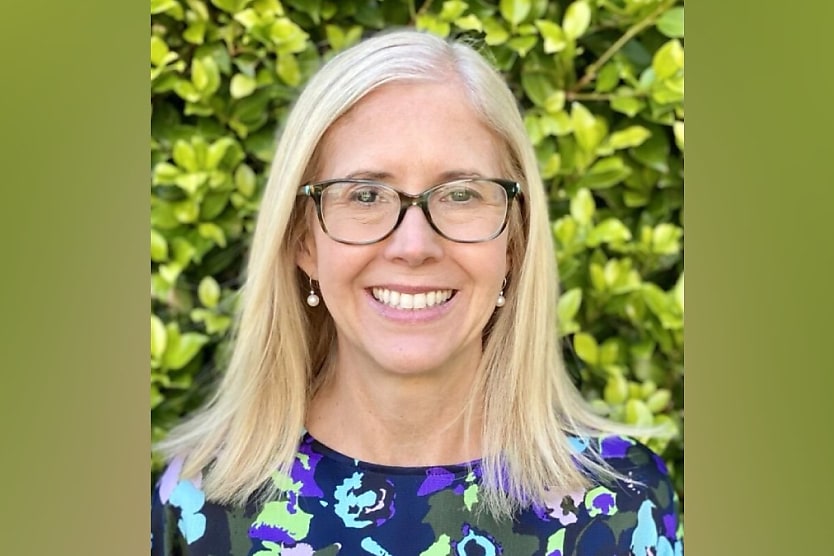HR urged to rethink generational assumptions as age bias squeezes talent pipelines
SHARE THIS ARTICLE

New research has revealed a troubling increase in age-based bias within Australian workplaces, with HR professionals potentially sidelining experienced talent despite acute skills shortages.
A joint report produced by the Australian HR Institute (AHRI) and the Australian Human Rights Commission has revealed that nearly a quarter (24 per cent) of HR professionals class workers aged 51–55 as “older” – a significant jump from just 10 per cent back in 2023.
Despite skills shortages and unfilled job vacancies occurring for businesses across Australia, many are seemingly overlooking this pool of the workforce.
According to the data, however, the reluctance isn’t limited to older workers. While only 56 per cent of organisations are “largely open” to hiring workers aged 50-64, this drops sharply to 28 per cent for those 65 and over. Alarmingly, 18 per cent explicitly state they won’t hire workers 65+. At the same time, just 41 per cent are “largely open” to recruiting jobseekers aged 15-24.
“Our research found some workplaces are hesitant to employ workers over the age of 50, before they are even close to retirement age, or under 24 – including Gen Z’s digital natives,” said Sarah McCann-Bartlett, chief executive of the Australian HR Institute.
“One in five HR professionals say their recruitment practices negatively impact older workers, and 23 per cent say the same about younger workers.
“In a tight labour market, there is a clear economic imperative to tap into the full potential of the available labour pool, and that means building inclusive practices that support employees at every stage of their careers.”
The report touched on entrenched, often contradictory, age-based assumptions hindering effective talent utilisation by organisations across Australia.
For example, older workers rated highly for loyalty (74 per cent), reliability (64 per cent), and stress management (62 per cent). However, they were rated significantly lower than younger workers for technological ability (only 1 per cent seen as better) and energy levels (only 7 per cent seen as higher).
“Older and younger workers can be a real advantage for businesses,” said Robert Fitzgerald AM, age discrimination commissioner at the Australian Human Rights Commission.
“Age-diverse teams bring different life experiences to the table and are better at solving problems. Employers need to support inclusive workplaces, where competency isn’t assessed against age or career stage.
“Providing equal opportunity for people of all ages to remain engaged in meaningful work can enhance productivity, while also helping close skills gaps.”
Touching on Australia’s declining productivity rates, McCann-Bartlett called on HR teams and organisations to ditch the biases in their recruitment and retention practices.
“If we want to fill our skills gaps and improve productivity, we need to shift from age-based assumptions to evidence-based strategies.
“That means designing jobs that keep people engaged across the life cycle, using emerging techniques to attract and retain different generations and building workplace cultures where no one is written off because of the year they were born,” said McCann-Bartlett.
RELATED TERMS
Ageism, often known as age discrimination, is the act of treating someone unjustly because of their age. In the workplace, this might manifest as a person being passed over for a job or promotion, older workers being denied benefits or early termination of employment.
The practice of actively seeking, locating, and employing people for a certain position or career in a corporation is known as recruitment.
Kace O'Neill
Kace O'Neill is a Graduate Journalist for HR Leader. Kace studied Media Communications and Maori studies at the University of Otago, he has a passion for sports and storytelling.

